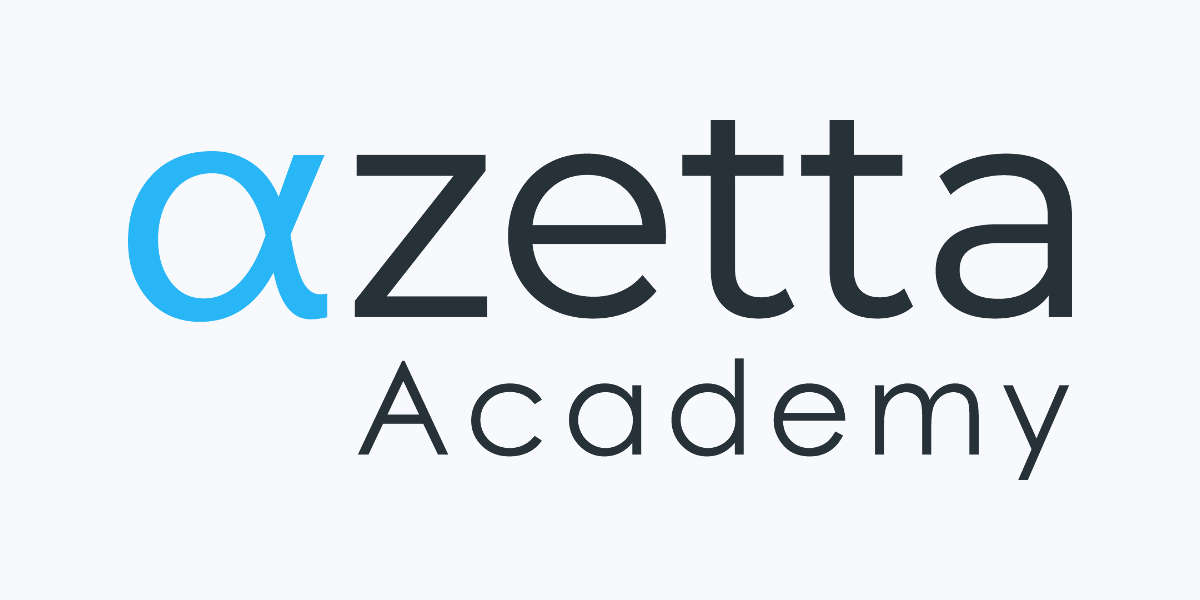A curriculum for those specialising in the automatic scaling and deployment of enterprise machine learning and artificial intelligence (AI).
The Future of Analytics
This full day workshop examines the trends in analytics deployment and developments in advanced technology. The implications of these technology developments for data foundation implementations will be discussed with examples in future architecture and deployment. This workshop presents best practices for deployment of a next generation data management implementation as the realization of analytic capability for mobile devices and consumer intelligence. We will also explore emerging trends related to big data analytics using content from Web 3.0 applications and other non-traditional data sources such as sensors and rich media.


